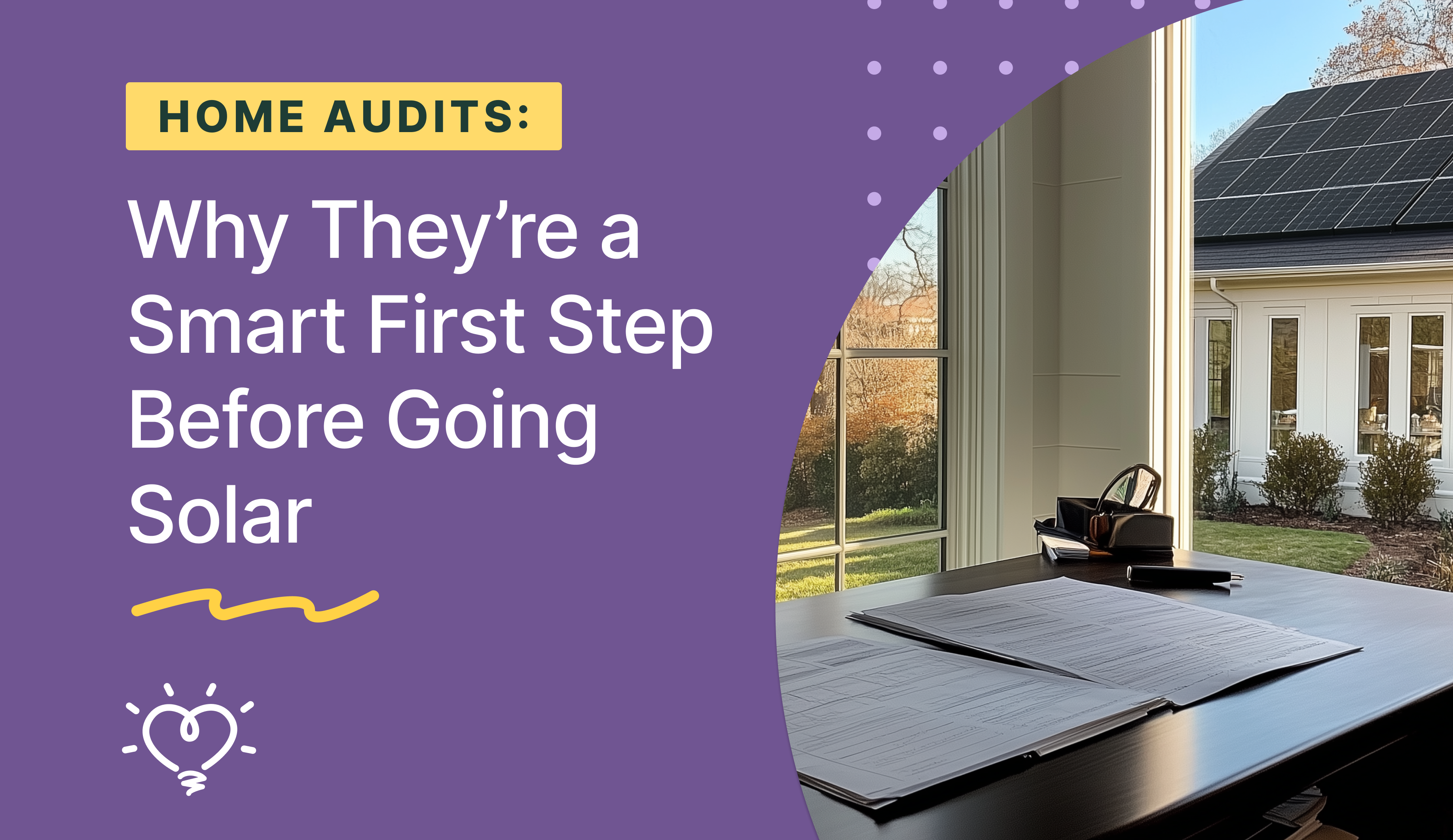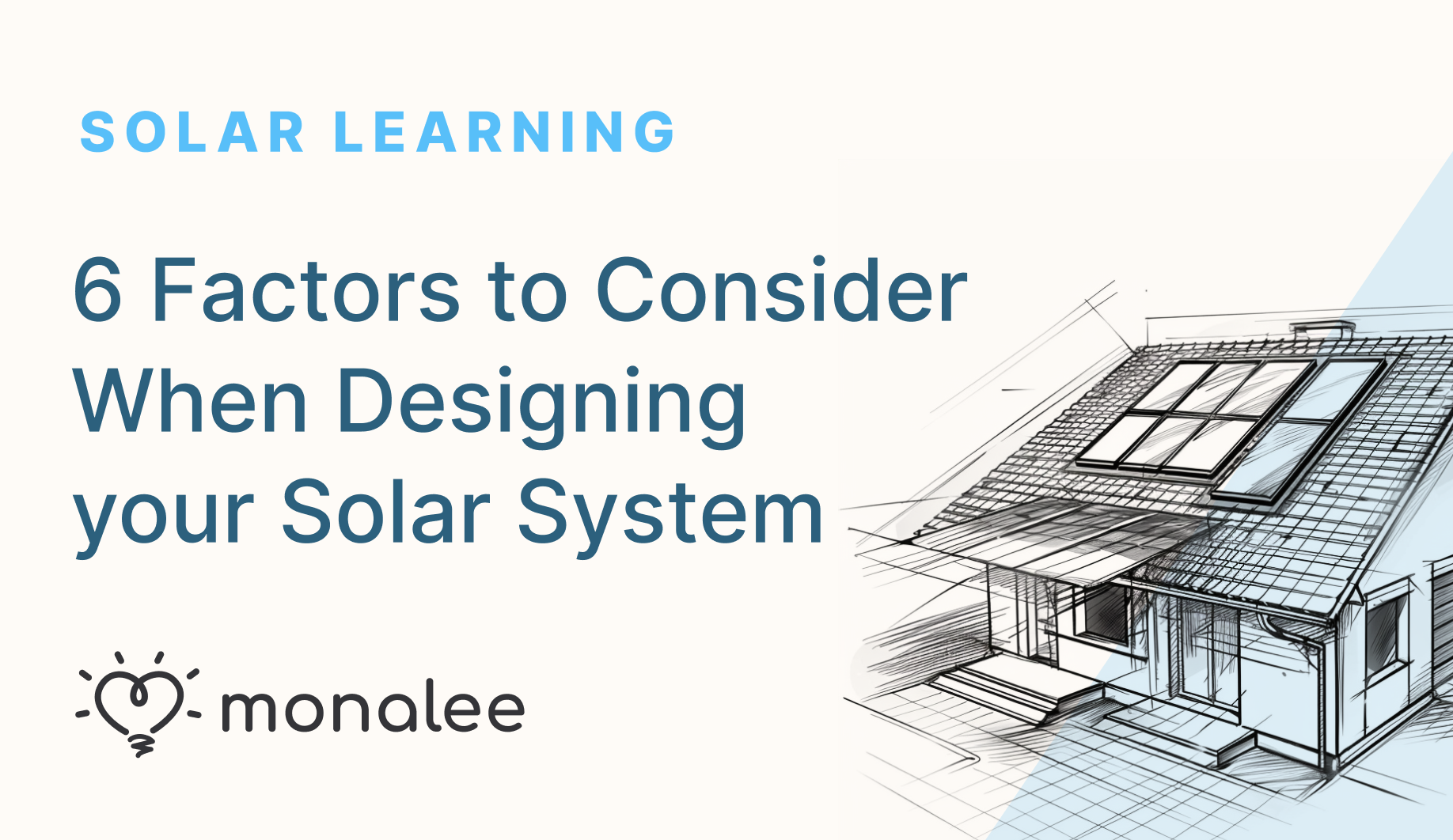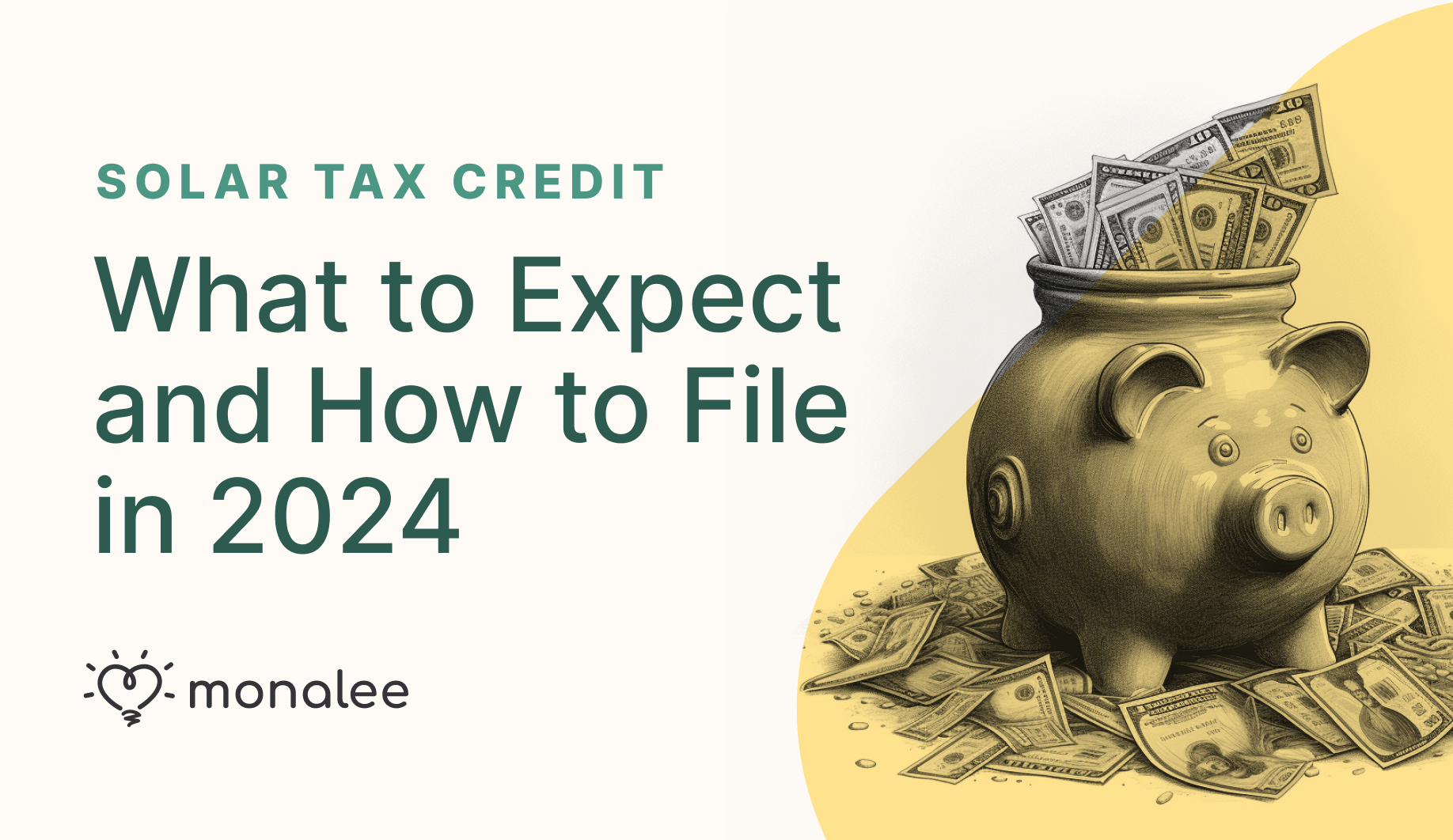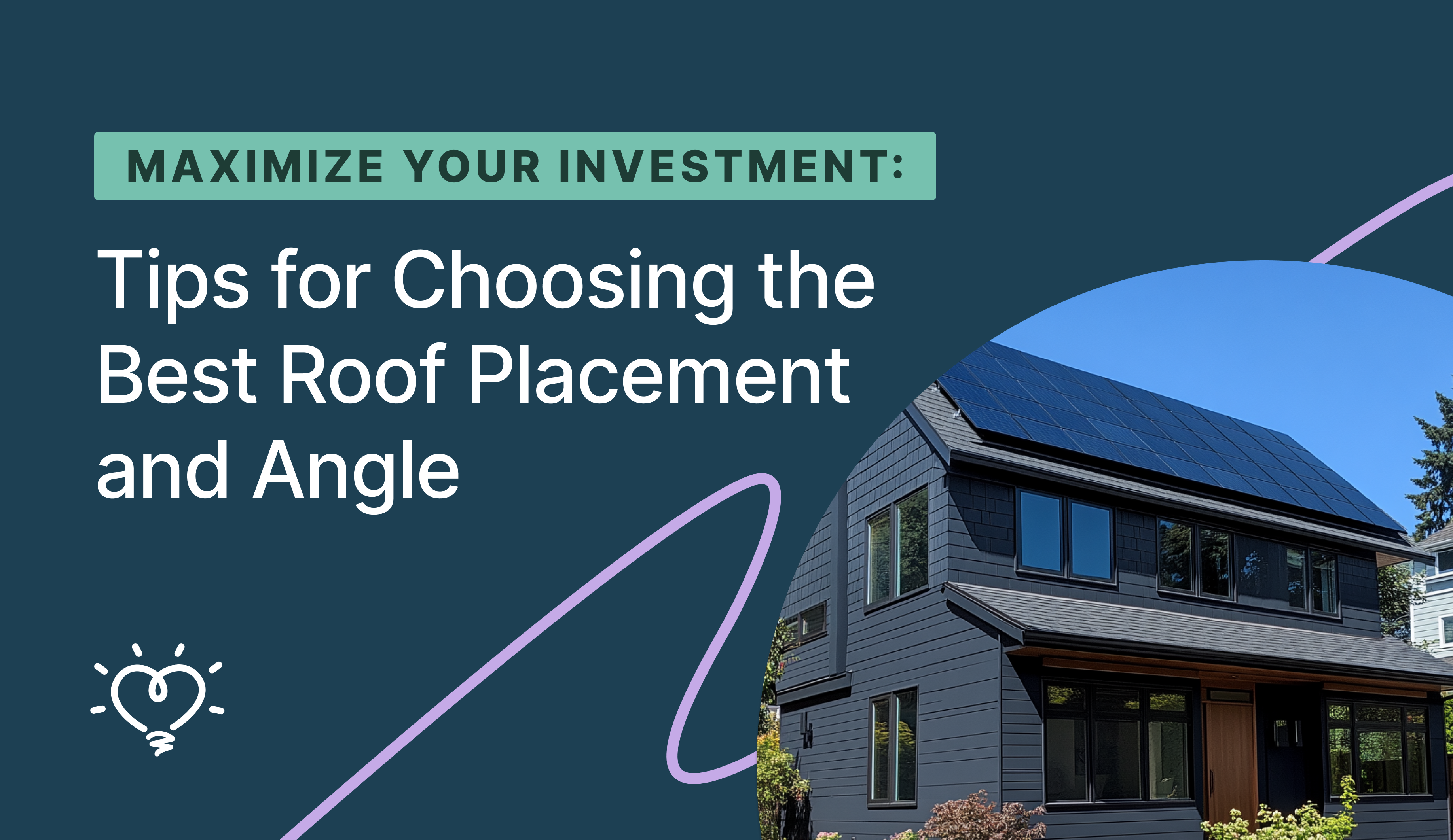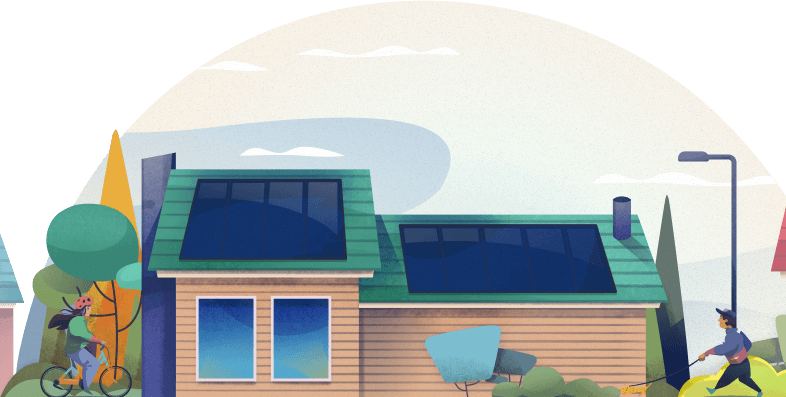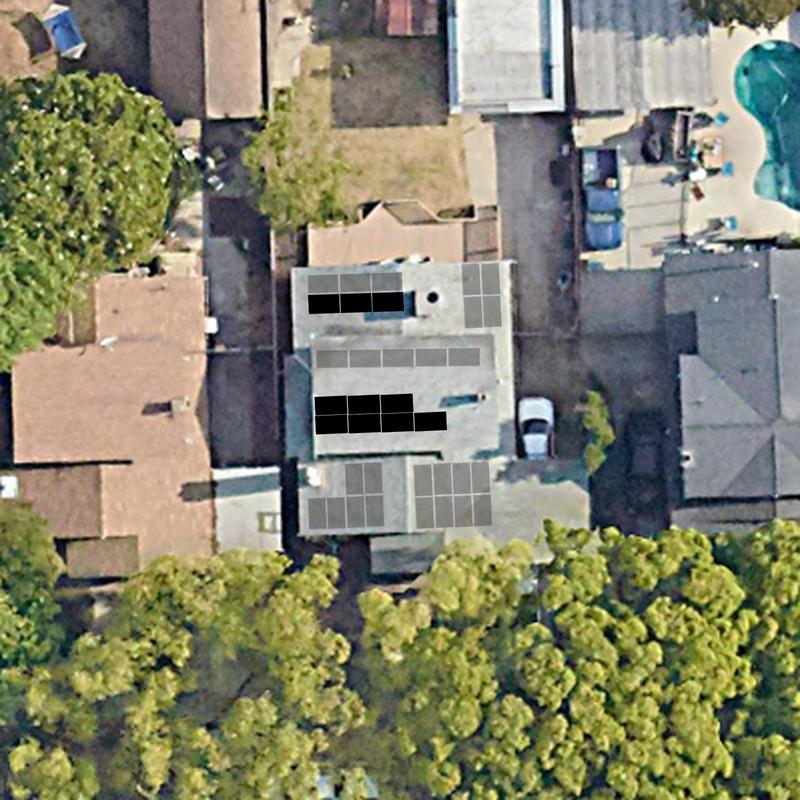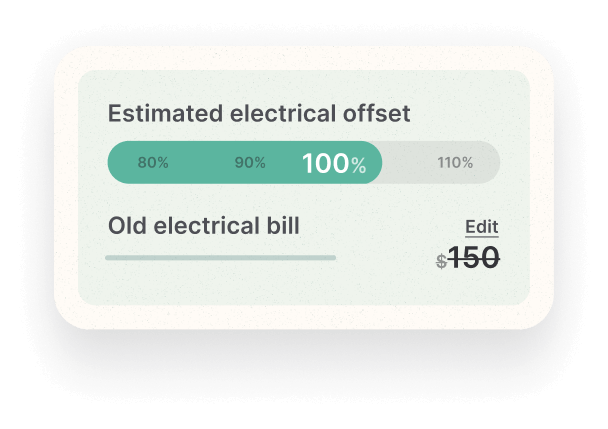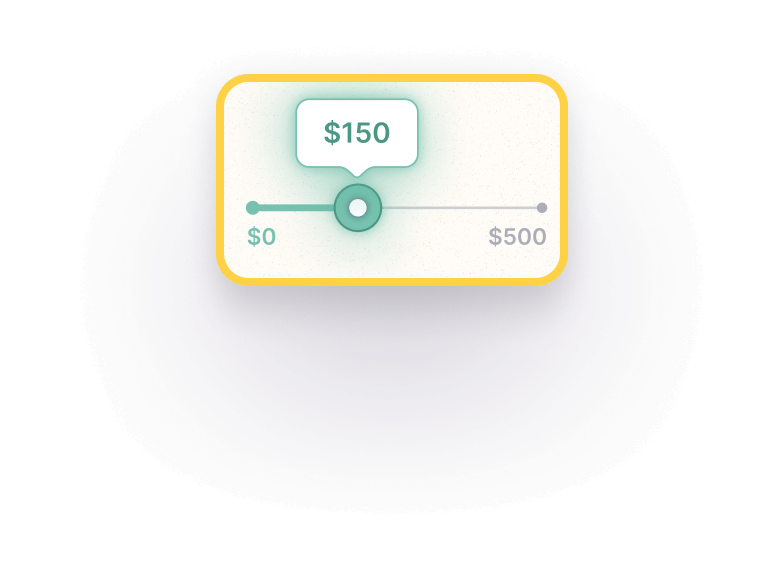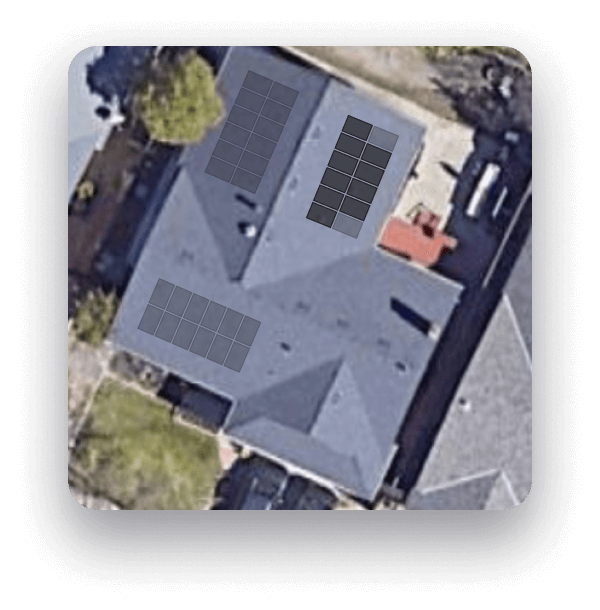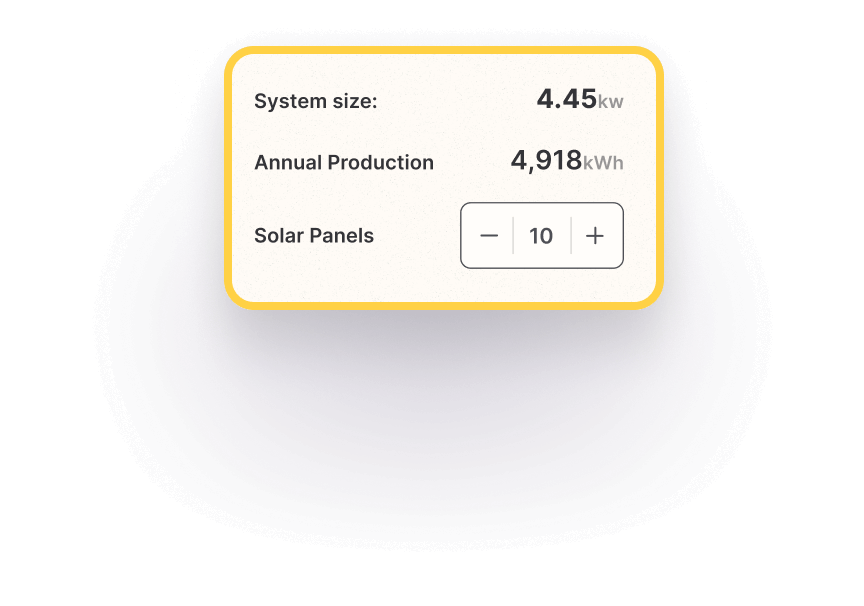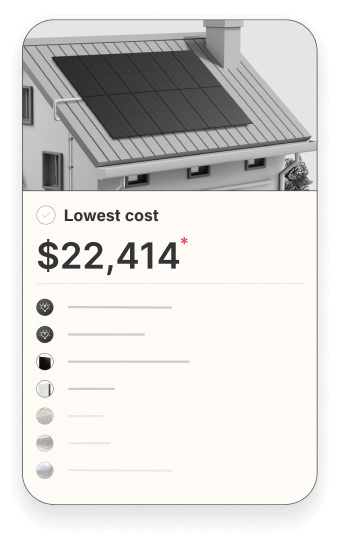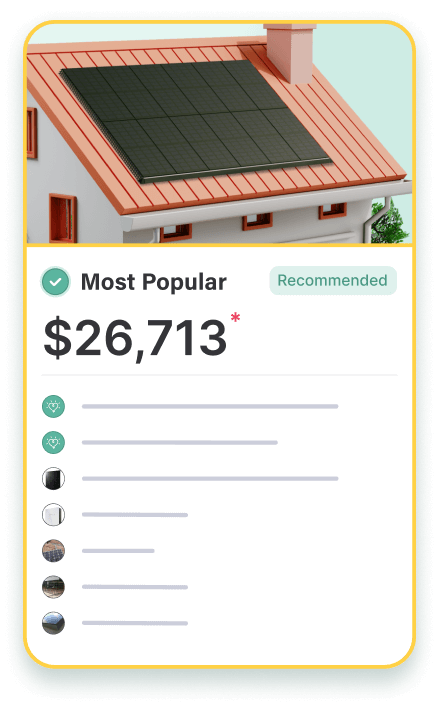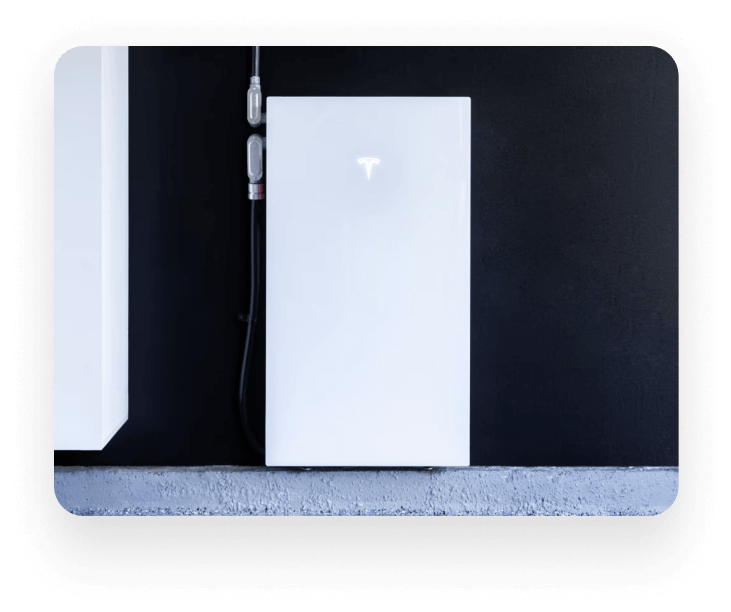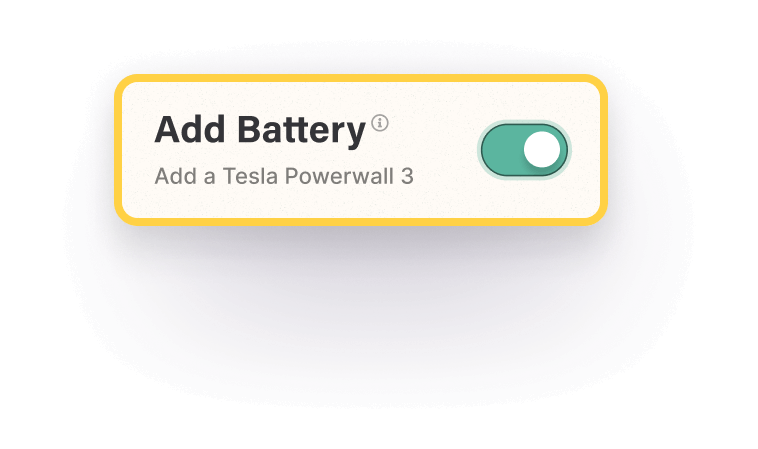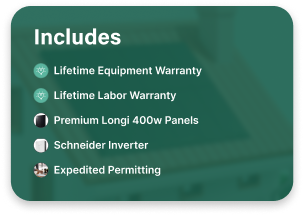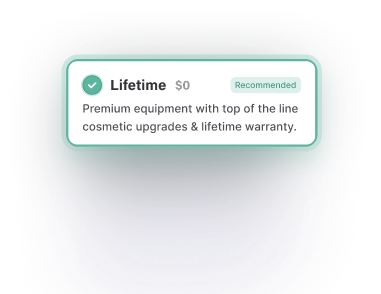Switching to solar energy is a big step toward sustainability and and running a home energy audit can help you better understand your personal energy needs. These audits offer homeowners a comprehensive assessment of their home’s energy usage and are designed to identify inefficiencies and offer solutions for reducing energy waste.
During an audit, professionals—or sometimes homeowners using DIY tools—examine areas like insulation, air leaks, HVAC systems, appliances, and lighting. More advanced audits may use tools like blower doors to measure air leakage or infrared cameras to detect insulation gaps.
From sealing air leaks to upgrading appliances and optimizing insulation, getting the full picture not only reduces your energy costs but also paves the way for a more effective and cost-efficient solar system.
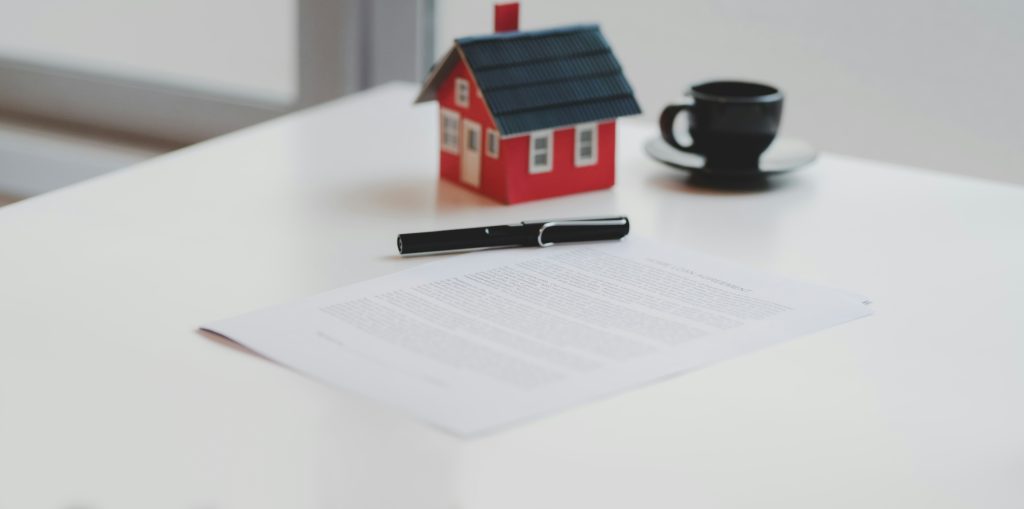
Here are 5 benefits to having a home audit completed ahead of going solar
From identifying hidden inefficiencies to increasing the value of your home, here are the biggest benefits of conducting a home energy audit.
1. You identify hard-to-find inefficiencies.
We’ve rounded up a few of the most common inefficiencies you’ll uncover during a home energy audit.
Air leaks: You’ll usually find air leaks or draws around windows in doors or within gaps in walls, ceilings, or floors. The impact of these leaks is a loss of heated or cooled air, which then increases HVAC usage and overall energy costs.
Poor insulation: Poor insulation is most common in attics or basements but windows and doors can also be affected—for example, on single-pane windows of unsealed doors. Poor insulation results in gaining heat in summer and heat loss in winter.
Outdated or inefficient appliances: Replacing old refrigerators, water heaters, washers, or dryers with poor energy ratings requires an upfront investment but will pay for itself over the years. Newer models tend to be more energy efficient.
Outdated building materials: Homes with old siding, roofing, or foundation materials with low energy efficiency will benefit from an upgrade to more modern materials that are specifically designed with thermal performance in mind.
Inefficient thermostat Use: Manual thermostats or thermostats with poorly programmed settings can end up wasting energy due to unnecessary heating or cooling when no one is home.
Inadequate ventilation: Poorly balanced HVAC systems or a lack of exhaust fans in kitchens or bathrooms are common culprits and ultimately reduce indoor air quality and force HVAC systems to work harder.
Phantom loads: Electronics and appliances left plugged in when not in use are still using up power even when they’re fully charged. Using smart power strips or remembering to unplug devices when not in use will better conserve energy.
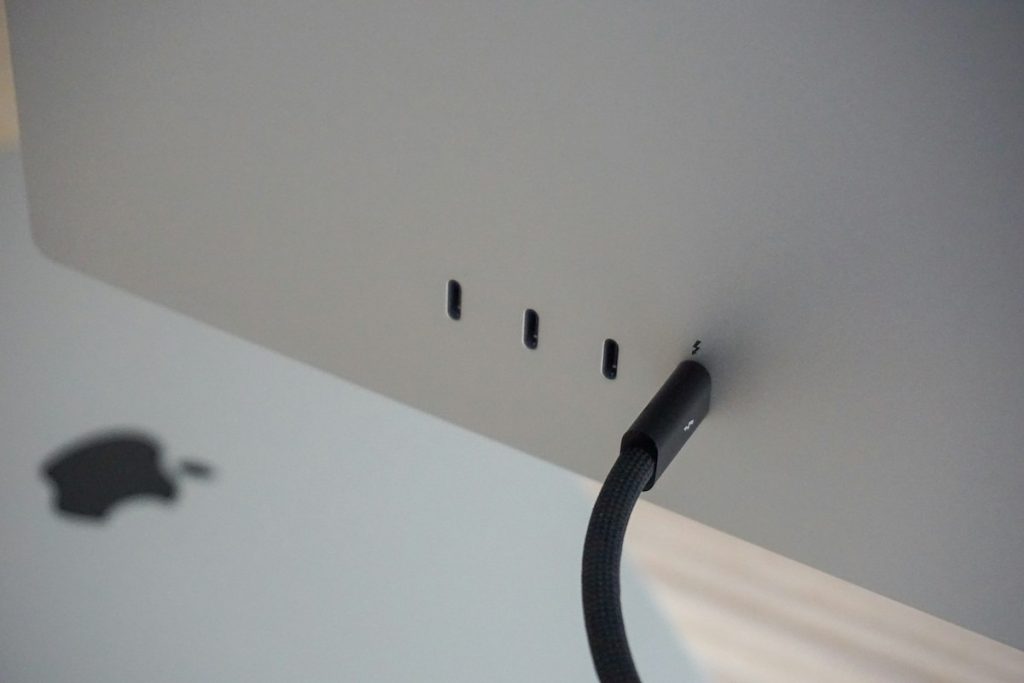
2. You’ll learn how to maximize efficiency.
Once you identify areas where your home lacks energy efficiency, it’s time to address the problems.
Common culprits of inefficiency include outdated equipment that consumes more energy than modern alternatives, poor insulation, and leaving electronics plugged in when not in use.
Heating and hot water can significantly drive up utility costs. For instance, if you tend to take long, hot showers, installing a thermostatic shut-off valve could be a wise investment. These devices limit water flow once it reaches a certain temperature, reducing both water and energy usage. Alternatively, switching to a WaterSense-labeled shower head can save over 330 kilowatt-hours (kWh) of electricity annually.
Another simple fix is replacing traditional light bulbs with LED alternatives. LED bulbs use about 80% less energy than incandescent ones while providing the same level of brightness. Not only do they save money over time, but they’re also better for the environment, wasting only 20% of the energy used during conversion to light.
Poor insulation is another major factor in energy loss. This is often an issue in attics and basements, but windows and doors can also contribute—particularly single-pane windows or unsealed doors. Insufficient insulation leads to heat gain in the summer and heat loss in the winter, making it harder (and costlier) to maintain a comfortable temperature.
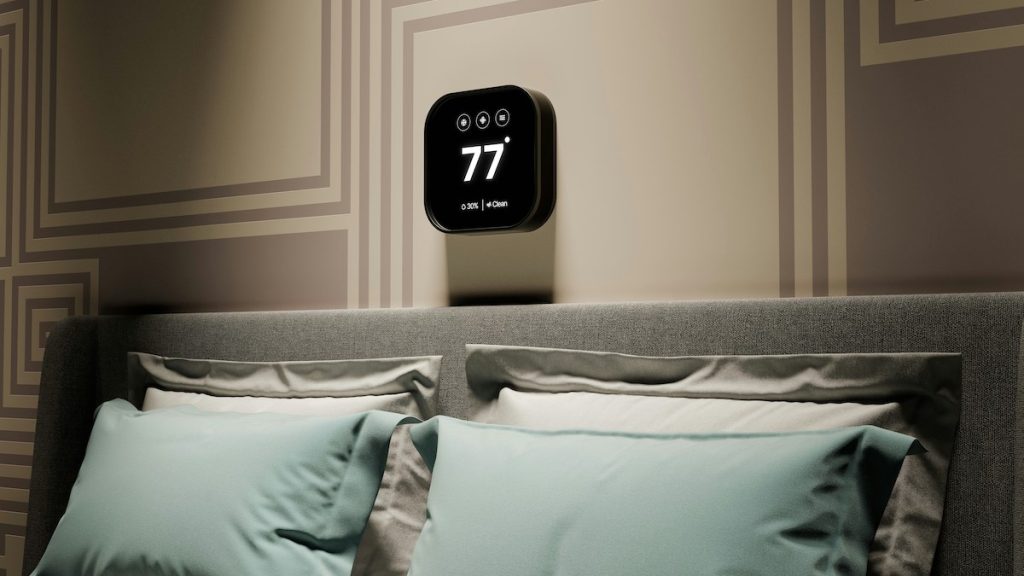
3. You start saving on monthly costs.
Homes that are energy-efficient save money by reducing energy consumption, lowering utility bills, and minimizing maintenance and replacement costs. When you better optimize your home’s energy consumption, you’ll start seeing lower heating and cooling costs, reduced lighting costs (when switching to LED lighting), and lower water heating costs to name a few.
In the case of going solar, these savings multiply. Most homeowners who go solar with Monalee receive a return on their investment in as little as four to seven years. When looking at the lifetime of solar panels–upwards of 25 years–savings go into the tens of thousands of dollars.
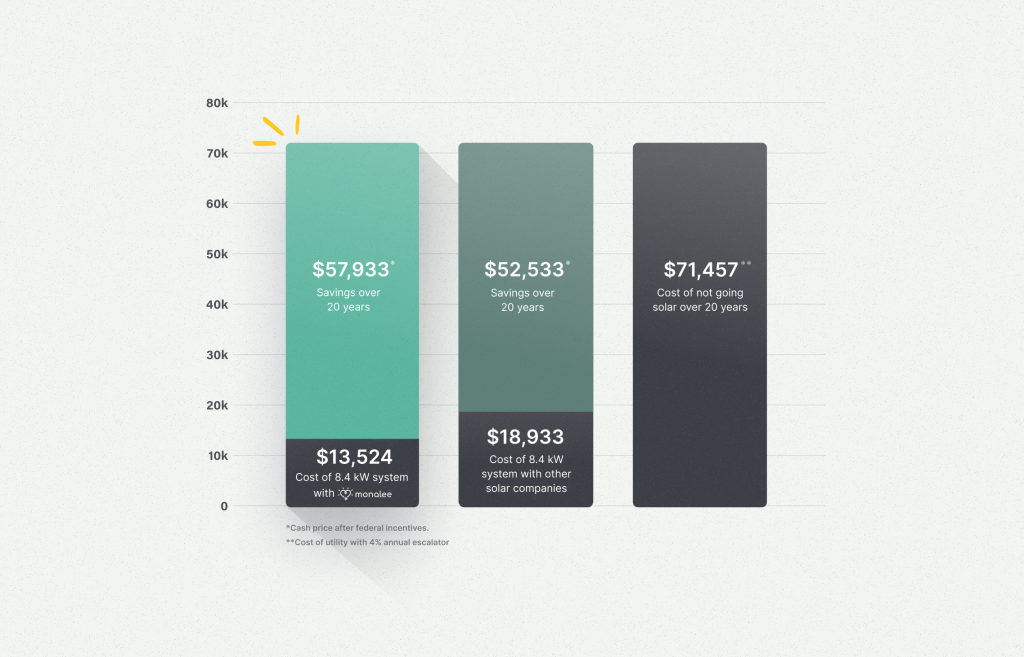
4. You determine the most optimal solar system size for your home.
Conducting a home audit can be incredibly helpful in determining the most efficient solar design for your home. Several factors should be considered, including how big your home is (square footage), your personal energy needs, your area’s climate and weather conditions, and the navigational direction of your roof.
The design of your solar system will largely depend on your home’s energy demands and wattage capacity. The larger your home is, the more energy you’ll need to generate from your solar panels. Looking at your average monthly utility bill is another indicator of how many solar panels you would need to fully offset your costs.
At Monalee, we’re able to provide homeowners with the most optimal solar design based solely on your address and your average monthly utility bill. Our advanced machine learning extracts your roof’s plane, azimuth, and pitch as well as identifies roof obstacles like chimneys and roof vents. Then, our computer vision algorithm virtually places solar panels on your roof. Our technology also runs solar irradiance algorithms to see how much sunlight hits each area of your home’s roof and optimizes panel placement accordingly.
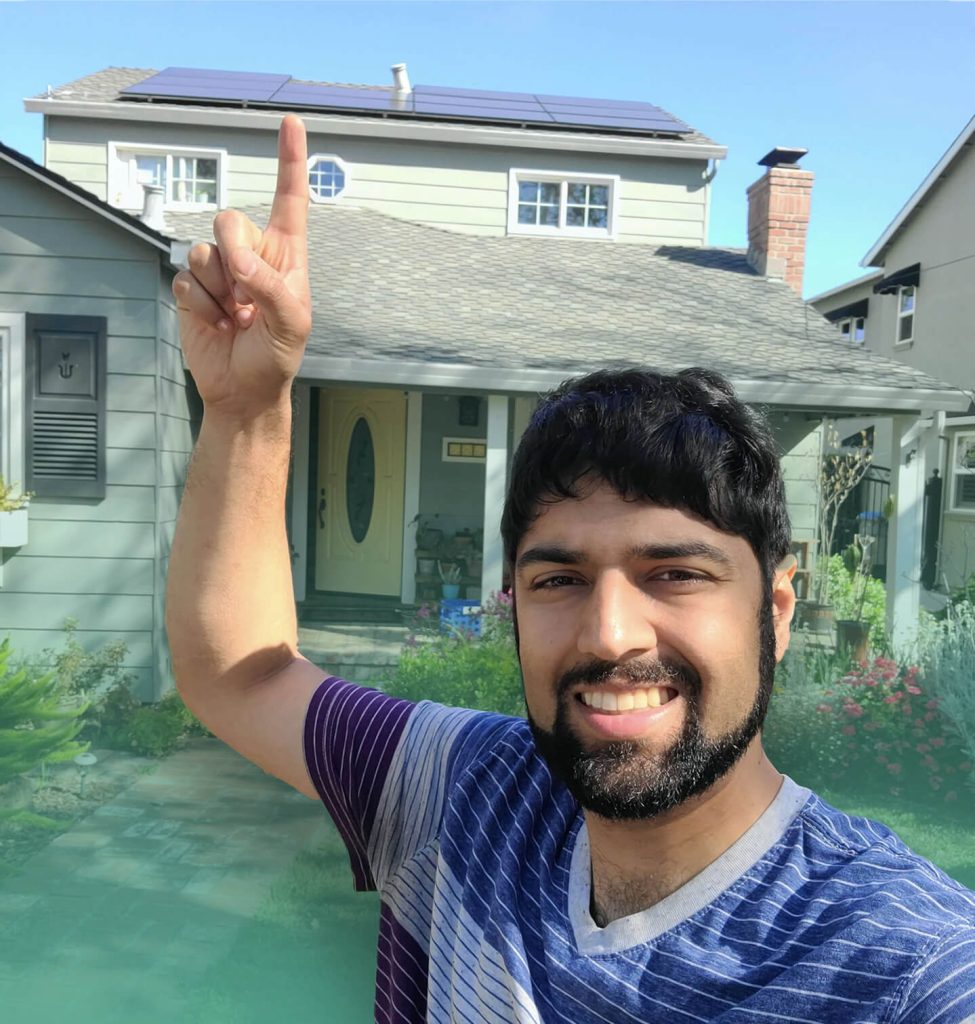
5. You increase your home’s value.
One of the easiest ways to increase the value of your home is to invest in energy-efficient appliances. The more energy-efficient a home is, the more money the homeowner will save in monthly utility costs. Considering utility rates continue to rise year after year—sometimes a couple of times per year—it’s something that buyers are thinking about when viewing potential homes.
In many cases, conducting a home audit is the first step in increasing your home’s value. Even small fixes like creating better insulation or installing a smart thermostat for improved temperature control, make a big difference in the long run.
Going solar is a great next step and one that increases the value of your home. Studies show that solar panels increase home value by an average of 4.1 percent. In short, the more efficient a home is, the more money homeowners save every year.

Final thoughts
A home energy audit identifies inefficiencies like air leaks, poor insulation, outdated appliances, and phantom power loads, which help homeowners reduce energy use and utility costs. Addressing these issues with upgrades like better insulation, smart thermostats, and LED lighting prepares homes for solar power and ensures optimal solar panel design based on energy needs and roof conditions.
